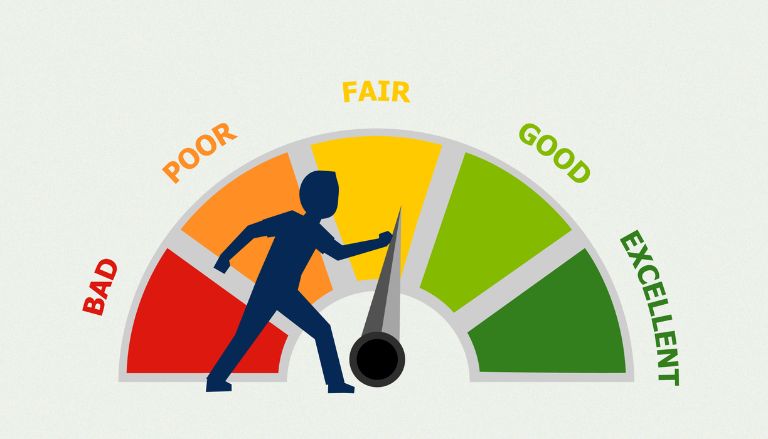Maintaining a healthy credit score is essential for financial well-being, especially in Florida, where a strong credit profile can lead to better loan terms, lower interest rates, and increased financial opportunities. Here are key strategies to help you build and maintain a good credit score:
1. Pay All Bills on Time
Your payment history is the most significant factor affecting your credit score, accounting for 35% of the total score. Consistently paying your bills on time, including credit cards, loans, utilities, and rent, demonstrates reliability to lenders. Setting up automatic payments or reminders can help ensure timely payments.
2. Keep Credit Utilization Low
Credit utilization—the ratio of your current credit card balances to your credit limits—accounts for 30% of your credit score. It’s advisable to keep this ratio below 30% on each credit card and across all cards combined. For instance, if your total credit limit is $10,000, aim to use no more than $3,000 at any given time. Regularly paying off balances and avoiding maxing out credit cards can help maintain a low utilization rate.
3. Monitor Your Credit Report Regularly
Regularly reviewing your credit report helps you identify and correct errors that could negatively impact your score. You’re entitled to a free credit report annually from each of the three major credit bureaus—Experian, Equifax, and TransUnion—through AnnualCreditReport.com. Ensuring the accuracy of your credit report is crucial for maintaining a good credit score.
4. Maintain a Mix of Credit Types
Having a diverse mix of credit accounts, such as credit cards, mortgages, and auto loans, can positively influence your credit score. This diversity demonstrates your ability to manage different types of credit responsibly. However, avoid opening unnecessary accounts solely to diversify your credit mix, as this can lead to hard inquiries that may temporarily lower your score.
5. Keep Old Credit Accounts Open
The length of your credit history contributes to 15% of your credit score. Keeping older credit accounts open, even if infrequently used, can help lengthen your credit history and improve your score. However, ensure these accounts remain in good standing by using them occasionally and making timely payments.
6. Be Cautious with New Credit Applications
Each time you apply for new credit, a hard inquiry is made on your credit report, which can temporarily lower your score. To maintain a good credit score, apply for new credit sparingly and only when necessary. Multiple applications within a short period can signal financial distress to lenders.
7. Consider Secured Credit Cards or Credit-Builder Loans
If you’re new to credit or looking to rebuild your credit, secured credit cards or credit-builder loans can be effective tools. These financial products require a security deposit or savings account as collateral and can help establish a positive payment history when managed responsibly. Ensure that the issuer reports to all three major credit bureaus to maximize the benefit to your credit score.
8. Limit Credit Inquiries
While it’s important to shop around for the best loan terms, be mindful of the impact of multiple credit inquiries. When rate shopping for mortgages, auto loans, or student loans, try to conduct your inquiries within a short time frame—typically 14 to 45 days—to minimize the impact on your credit score. Credit scoring models often count multiple inquiries for the same type of loan as a single inquiry if done within this period.
9. Seek Professional Advice if Needed
If you’re struggling to manage your credit, consider seeking assistance from a reputable credit counseling organization. Non-profit agencies can provide guidance on budgeting, debt management, and credit improvement strategies. Ensure the organization is accredited and offers services that fit your needs.
By implementing these strategies, Florida residents can work towards building and maintaining a strong credit score, leading to greater financial stability and access to favorable credit terms.







Leave a Comment